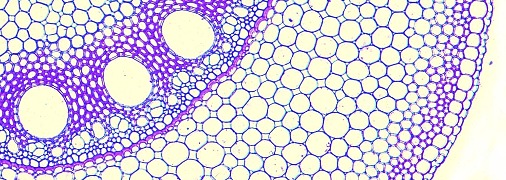The main method used to prolong the storage life of fruit is through reducing the fruit temperature to slow metabolism. Refrigerated storage slows the rate of ripening and senescence of the fruit, and also slows the development of any rots. The way in which temperature management is implemented after harvest can significantly affect the quality of the fruit at the end of storage, both in the amount of ripening retardation and also the presence or absence of disorders. The basic effect of refrigerated storage on fruit can be supplemented by modification of the atmosphere in the coolstore, by reducing oxygen and increasing carbon dioxide concentrations. More recently, the application of the inhibitor of ethylene action 1-methylcyclopropene (1-MCP) has become common to slow the ripening of a range of fruit, and in particular certain cultivars of apple. The way in which all these technologies impact on the fruit is dependent on the physiological state, or maturity, of the fruit at harvest. What may be described as a ‘correct’ physiological state at harvest is not fixed, but may differ dependent on the commercial requirements of the fruit, i.e. a short or long storage period. Ultimately, the target for good storage is for the fruit to remain in good condition, to ripen properly, have an acceptable flavour and not have any disorders at the end of storage and when it reaches the consumer.
Plants in Action
A resource for teachers and students of plant science
 |